Business
Hyundai challenges Elon Musk with world’s largest battery in South Korea
Korea Zinc and Hyundai have collaborated to build the world’s largest storage battery in South Korea.
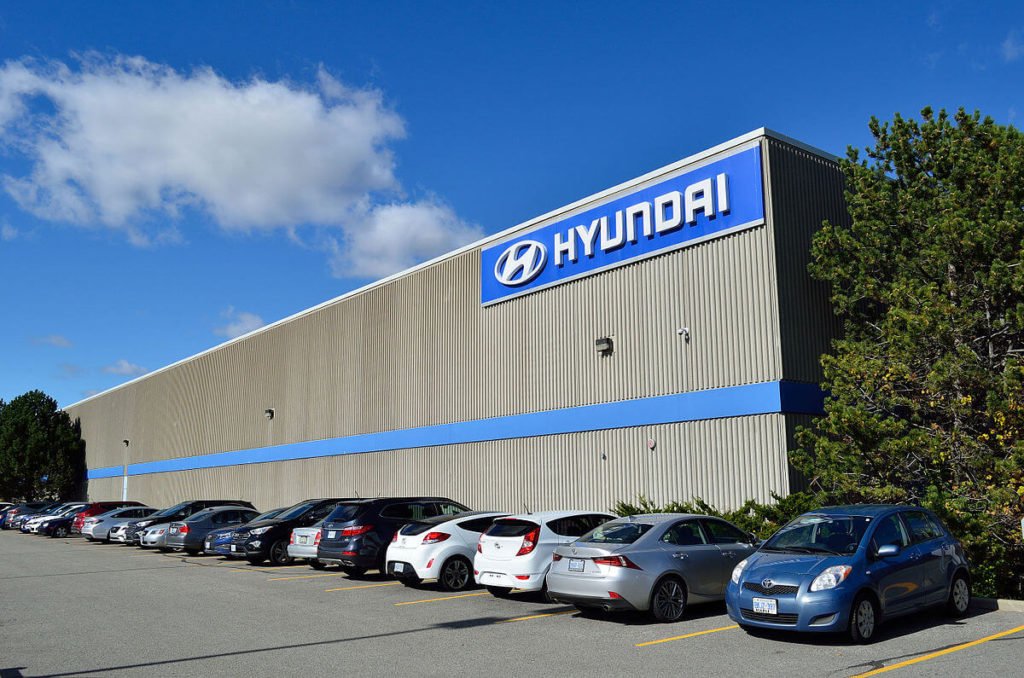
It looks like Elon Musk’s victory will be short-lived as Hyundai is planning to build the world’s largest battery in South Korea, effectively eclipsing Tesla CEO’s largest utility battery in South Australia.
According to CleanTechnica, Elon Musk promised to build the world’s largest battery facility in South Australia in under 100 days. If he failed, it would be for free. He delivered and the 129 megawatt-hour grid storage battery was up and running last month, ahead of its schedule. Musk walked away as the biggest winner but it may not be for long. Hyundai revealed its plans to build and install a battery in Korea which is 50 percent larger than the one Musk built.
Experts predict that more battery storage facilities will be built in the near future as the price of batteries continues to decline. Bloomberg associate Ali Asghar credits Musk for setting the benchmark for speedy installation of large batteries. “Projects even bigger than Tesla’s are now under construction,” he added.
Musk chose Australia as the location of his project because it has lesser access to fossil-fuel sources like coal and gas compared to other parts of the nation. Now companies such as AES Corp., AltaGas Ltd, NextEra Energy Inc. and E.ON are making their own efforts to join the large-scale energy-storage market.
Per the Solar Quarter, Hyundai plans to set up a 150 megawatt (MW) lithium-ion battery near Ulsan on the southeast coast of South Korea. It is expected to be finished by February next year. The estimated cost of the project is f $45 million. Korea Zinc was responsible for ordering Hyundai to build the battery plant. The company wants to reduce electricity costs and become self-sufficient in energy use.
The government of Korea is providing incentives for companies that will embrace battery storage solutions via discounted electricity. Korea Zinc expects to save $60 million in electricity expenses once the facility has been completed. In the future, the company believes it could save as much as $6 million per year.
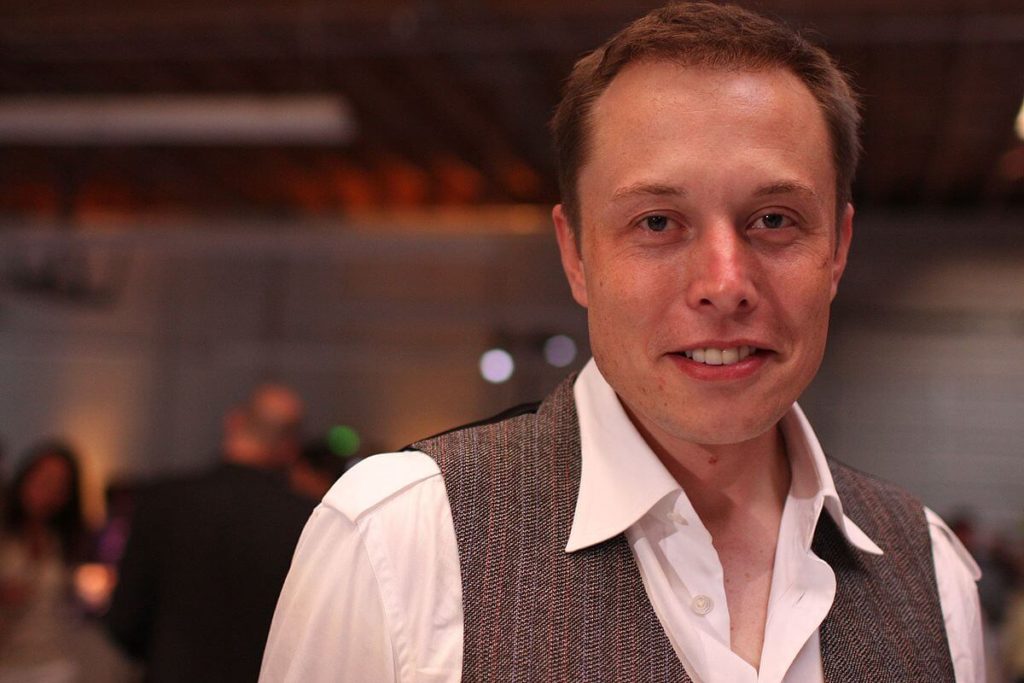
Hyundai is attempting to build the world’s largest battery storage in South Korea, overtaking Elon Musk’s battery storage in Australia. (Photo by Brian Solis via Wikimedia Commons. CC BY 2.0)
Korea Zinc consumes a lot of energy for its melting process which involves electrolysis. Last year, the company spent $270 million on electricity bills alone, which accounted for 5.5 percent of its annual revenue. The shift for large-scale battery solution makes sense for Korea Zinc.
Wood Mackenzie Ltd analyst Saul Kavonic says that increased competition will further slash down costs. “Such rapid installation times should not become a defining feature of batteries’ competitive technology advantage in a well-structured market, but rather battery costs and flexibility that will improve with time,” he added.
Countries are now choosing clean energy over the use of coal as part of the Paris Agreement. The energy-storage market will continue to surge and experts suggest it could reach ten times its capacity today or a value of $29.2 billion by 2025.
2017 saw the completion of 1,650 megawatts (MW) installation and the rapid growth of lithium-ion battery projects compared to last year. As of now, Elon Musk has not given his comment on the matter.

-

 Business1 week ago
Business1 week agoTopRanked.io Weekly Affiliate Digest: What’s Hot in Affiliate Marketing [Best Technology Affiliate Programs]
-

 Business3 days ago
Business3 days ago2.5 Billion People Watch Quiz Shows Every Day. Masters of Trivia (MOT) Is Letting Them Compete
-

 Crypto2 weeks ago
Crypto2 weeks agoBitcoin Steady Near $68K as ETF Outflows and Institutional Moves Shape Crypto Markets
-

 Business6 days ago
Business6 days agoDow Jones Stalls Near Record Highs as Inflation-Fueled Rally Awaits Next Move
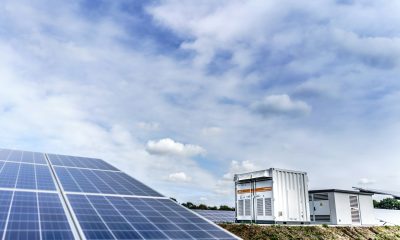

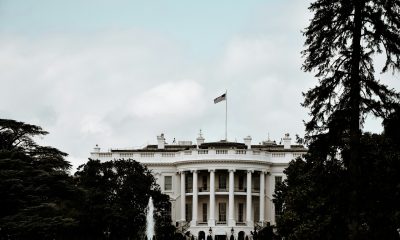







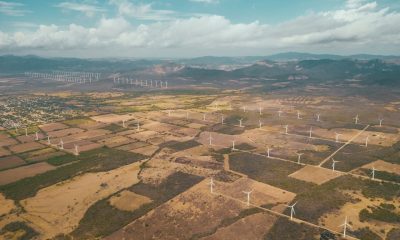














You must be logged in to post a comment Login